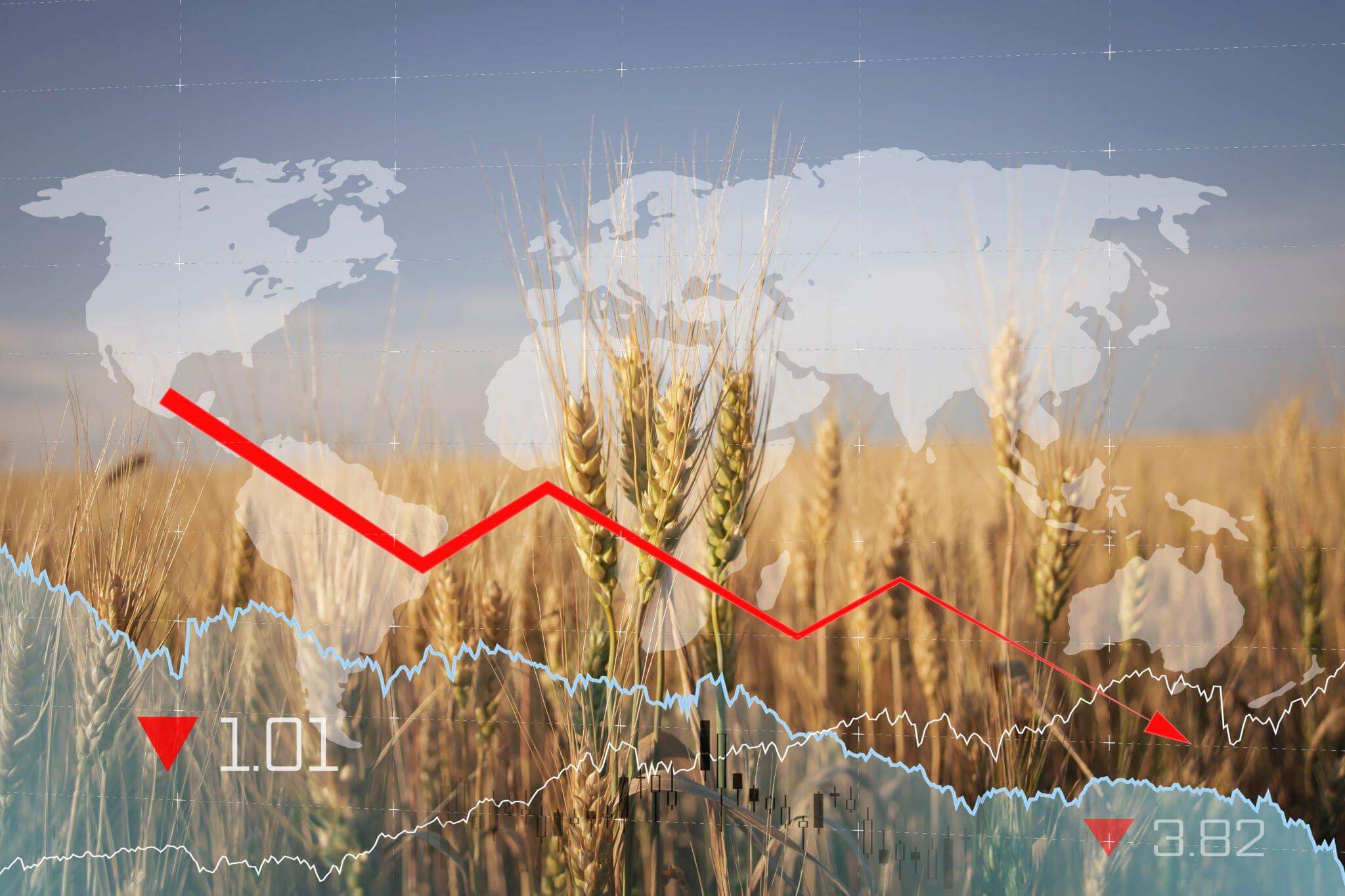On February 24, 2022, Russia invaded Ukraine, highlighting the rise of powerful states’ unilateralism, which is eroding global multilateralism and pushing our multipolar world deeper into the abyss of a New Cold War . The Ukrainian crisis is reverberating across the Horn of Africa, producing new security dynamics in an area caught in the crossfire of big nations’ geopolitical rivalry. Global wheat, sunflower, and oil crude prices have surged to historic heights in just a few weeks. Africa is strongly reliant on food imports from both countries, and the continent is already facing price shocks and supply chain disruptions.
First, the war is fueling a profound food crisis with the potential to exacerbate political instability. In recent decades, the Horn, as elsewhere in Africa, has become increasingly dependent on grain cereals from Russia and Ukraine, which collectively supply roughly 25 per cent of the world’s wheat . In 2020, Kenya purchased US$406 million in wheat, maize, and fertilizers from Russia, and US$68 million in wheat, maize, vegetables, sunflower seed, and cotton seed oil from Ukraine. Cut flowers, tea, and fruits (avocados, pineapples, figs, and dates) worth US$45 million were exported to the two countries in return. Africa imports US$35 billion annually for Food, and the top three countries exporting wheat to Africa are Russia, France and Ukraine .
The current Russia-Ukraine conflict will surely fuel a food crisis in Africa for at least two years given the embargo on Russia, and the war in Ukraine disrupting shipments for the current wheat harvest of 2022, and with farmers also being unable to plant for next year’s harvest. Yet, the current crisis also presents an opportunity to invest in local food production in East Africa and increase the region’s resilience to external shocks in the world economy.
For instance, EG Capital believes there is a significant opportunity for millers to reduce the quantities of imported wheat required in Food production by substitution to millet and sorghum, both of which are local, indigenous local crops and highly nutritious. EG Capital believes that investing in local and sustainable food production in Africa can be the engine for growth and job creation that will limit the collateral damage of the crisis.

Besides that, fuel prices are likely to rise as a result of the global oil price disruptions, as is for the cost of food production resulting in significant food and living cost inflation. After the United States and Saudi Arabia, Russia is the world’s third-largest oil producer. The crisis in Eastern Europe has shone a bright light on East Africa’s resources, potentially escalating the “new race for Africa.” With the imposition of further sanctions against Russia, Europe’s focus is also shifting (amongst others) to Africa’s natural gas in order to minimize its reliance on Russian energy. For instance, Tanzania is hoping to attract US$30 billion in international investment by 2023 in order to restart the building of offshore liquefied natural gas projects.
Besides that, fuel prices are likely to rise as a result of the global oil price disruptions, as is for the cost of food production resulting in significant food and living cost inflation. After the United States and Saudi Arabia, Russia is the world’s third-largest oil producer. The crisis in Eastern Europe has shone a bright light on East Africa’s resources, potentially escalating the “new race for Africa.” With the imposition of further sanctions against Russia, Europe’s focus is also shifting (amongst others) to Africa’s natural gas in order to minimize its reliance on Russian energy.
Finally, the macro-economic environment of East Africa and the World in the near-term, and certainly during the length of the conflict between Russia and Ukraine will be negatively impacted given that the major components of the economy, in both developed and developing economies, have been broadly negatively impacted. We can expect currencies to weaken. Yet, the East African region remain one of the world’s fastest growing economy, and one the most stable regions in Africa vis-à-vis political risk and currency risk, albeit with a typically weakening currency against the dollar.

EG Capital is aware of the impact of the Russia-Ukraine conflict needs to be understood in relation to the global macro-economic and geopolitical environment, and not simply based on the short-term impacts for East Africa alone. With hyper-inflation and the relatively subdued performance of the listed stock markets expected in Europe / US (unlike during the pandemic), we are likely to see an increased capital allocation to alternative assets, particularly in emerging markets. Higher private capital flowing into emerging markets will fuel investments in real assets even more so into high growth sectors in Energy, Food, and Health. As mentioned earlier, unlike during the pandemic, we are likely to see higher Foreign Direct Investments (FDI) into Africa coming from bilateral sovereign to sovereign nations strengthening their relations in strategic and defensive sectors.
EG Capital understands the impacts of the Russia-Ukraine conflict and set up various measures to mitigates further any negative effects on the Fund’s investments. It is important to note that the Fund’s investments are concentrated in counter-cyclical and essential sectors, Food, Health, Education and Climate Resilience, which are still experiencing above-market growth, and expected to perform well on a risk-adjusted basis.
View our Modern Slavery Act Statement.
Read our GDPR Privacy and Cookies Policy
SFDR statement since March 2021.
Issued by EG Capital GP in Mauritius, regulated by the Financial Service Commission. The information displayed on this website is for eligible counterparties and professional clients only and is not for retail clients. The services described may not be available to you, or suitable for you. Nothing in this document constitutes investment advice nor does it represent any offer to provide services to buy or sell securities of any kind. Investments in the portfolios managed by EG Capital may fall as well as rise and investors may not be able to recover their invested capital.
Copyright © EG Capital 2024. All rights reserved.